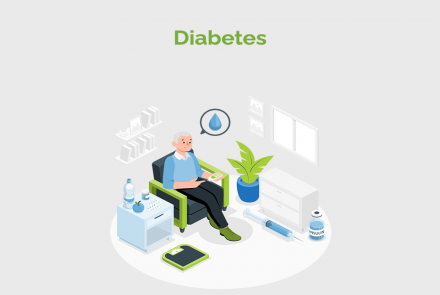Pre-diabetes, Type 1, Type 2, Gestational, Complications, Diet and Nutrition, Yoga for Diabetes, Personal stories, News and Views, Discussions. Focus on Prevention and Management
how to control for craving sugar

Pre-diabetes, Type 1, Type 2, Gestational, Complications, Diet and Nutrition, Yoga for Diabetes, Personal stories, News and Views, Discussions. Focus on Prevention and Management